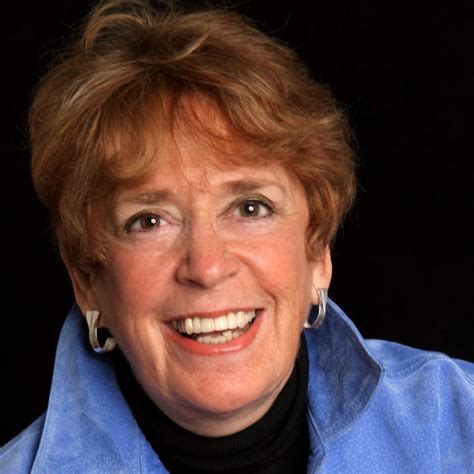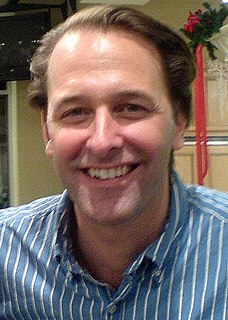A Quote by Mary Robinson
Symbols give us our identity, our self image, our way of explaining ourselves to ourselves and to others. Symbols in turn determine the kinds of stories we tell, and the stories we tell determine the kind of history we make and remake.
Related Quotes
As with any other great force of nature, there is both glory and danger in the stories we tell ourselves. Some are toxic and keep our problems festering. Others are tonic and bring us beyond the limitations of our previous history. To be in a life of our own definition, we must be able to discover which stories we are following and determine which ones help us grow the most interesting possibilities.
What does it matter, if we tell the same old stories? ...Stories tell us who we are. What we’re capable of. When we go out looking for stories we are, I think, in many ways going in search of ourselves, trying to find understanding of our lives, and the people around us. Stories, and language tell us what’s important.
We carve on our body what society teaches us and continue this task, not knowing the identity they force us to have. This identity is carved on our faces and our skins. Not knowing our bodies have become "the paper made of human meat," we stuff our bodies and make them a theater where cultural symbols or suppressed symbols play.
It is quite beyond me how anyone can believe God speaks to us in books and stories. If the world does not directly reveal to us our relationship to it, if our hearts fail to tell us what we owe ourselves and others, we shall assuredly not learn it from books, which are at best designed but to give names to our errors.
Each of us is comprised of stories, stories not only about ourselves but stories about ancestors we never knew and people we've never met. We have stories we love to tell and stories we have never told anyone. The extent to which others know us is determined by the stories we choose to share. We extend a deep trust to someone when we say, "I'm going to tell you something I've never told anyone." Sharing stories creates trust because through stories we come to a recognition of how much we have in common.
The healing that can grow out of the simple act of telling our stories is often quite remarkable. Even more remarkably, this healing is not just our own healing, it is the healing of all women. That's why, as we tell our stories to ourselves, it is also important to share them with others. This sharing brings a sense of kinship, of sisterhood. We understand that we are not alone in our efforts to become conscious, whole, healthy persons.
In America, the stories we tell ourselves and we tell each other in fiction have to do with individualism. Every person here is the center of his or her own story. And our job as people and as characters is to find our own motivations and desires, to overcome conflicts and obstacles toward defining ourselves so that we grow and change.
It is difficult to see ourselves as we are. Sometimes we are fortunate enough to have good friends, lovers or others who will do us the good service of telling us the truth about ourselves. When we don't, we can so easily delude ourselves, lose a sense of truth about ourselves, and our conscience loses power and purpose. Mostly, we tell ourselves what we would like to hear. We lose our way.


































